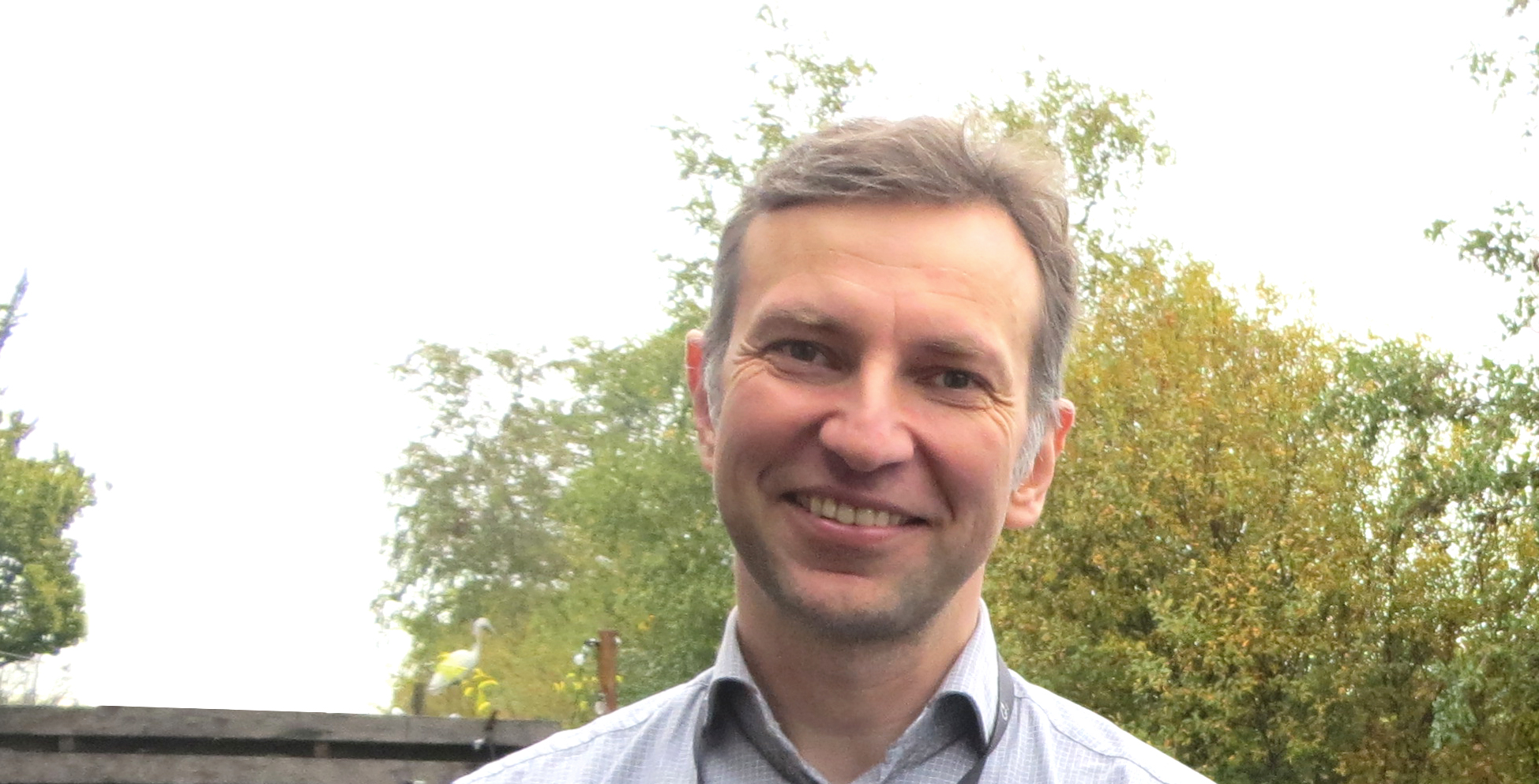Student projects / Internships
Positions for internships of 6 and 9 months are available for Master students interested in cell biology, biochemistry, cell biology of the neuron or biophysics. Interested candidates should send a letter of motivation and a short CV directly to the group leader(s). Please indicate in you letter on which project(s) you would like to work.
Internship Akhmanova lab
Internships Kapitein lab
Computational analysis of microscopy images and movies
In the last 20 years technological advancements drastically changed the field of the modern biological microscopy. It became possible to observe and record structures and processes in unprecedented environments, on nanometer scales and at very high rates. Introduction of genetically-encoded fluorescent labels allowed labeling of individual organs, cells and molecules inside living organisms. Recent developments of microscopy techniques made it possible to record in high-resolution and in three dimensions a beating of heart, work of a brain or the development of a whole organism. Currently modern microscopy needs to deal with huge amounts of visual data presented in digital form. The efficient analysis of these data represents an unprecedented challenge.
In our lab we employ a number of microscopy techniques ranging from live confocal 3D to superresolution to study the structure and behavior of proteins at the sub-cellular level in cultured cells and in neurons. Using our setups we can generate data flows of up to 1 Gb per second. These images and movies should be efficiently analyzed. More specifically by analysis we mean development and implementation of algorithms for feature extraction (dots, lines, etc), intensity quantifications, patterns recognitions and visualization of results. To make analysis fast at such big volumes of data, these algorithms needs to be adapted to work on GPU and preferably written in Java. We are looking for an enthusiastic student who would develop software analysis workflow in collaboration with experimental scientists. Programming experience is a requirement and basic knowledge of mathematics and physics is a plus. If you are interested, please e-mail Lukas Kapitein (l.kapitein@uu.nl) or Eugene Katrukha (y.katrukha@uu.nl).
Internship Kole lab
Brain cells store and retrieve information by means of electrical excitability. The primary electrical event underlying the temporal- and rate coding schemes of single neurons is called the action potential. Over the last decade, high-resolution electrophysiological and imaging studies, including the findings from our laboratory (Kole et al., Neuron, 2007; Hallermann et al., Nat Neurosci, 2014), demonstrated that within neurons the action potential initiation site is spatially constrained to the axon initial segment. This unique domain is defined by a dense actin-spectrin filament network anchoring voltage-gated ion channels regulating voltage threshold and integrative properties of neurons. More recent developments in our group focus on newly identified ion channels and the contribution of glial cells to action potential generation. Using live electrophysiological and imaging methods together with high-resolution anatomical and computer simulations we characterize the structure-function relationships of channels and cellular structures and determine their contribution to the computational features of single neurons.
In our group we have a position available for a highly motivated master student, either for a computational or experimental project. Experience with electrophysiological recordings or live imaging would be an advantage but is not required. In the internship, students will be trained in the current physiology techniques. For more information and contact (m.h.p.kole@uu.nl).
Internship Post lab





 Anna Akhmanova:
Cellular Dynamics
Anna Akhmanova:
Cellular Dynamics Lukas Kapitein: Biophysics
Lukas Kapitein: Biophysics Florian Berger:
Theoretical Biophysics
Florian Berger:
Theoretical Biophysics Agathe Chaigne:
Cell division dynamics
Agathe Chaigne:
Cell division dynamics Ginny Farías:
Neuronal Organelle Dynamics
Ginny Farías:
Neuronal Organelle Dynamics Martin Harterink:
C. elegans neurobiology
Martin Harterink:
C. elegans neurobiology Casper Hoogenraad: Molecular Neuroscience
Casper Hoogenraad: Molecular Neuroscience Maarten Kole:
Axonal Signalling
Maarten Kole:
Axonal Signalling Sabrina Oliveira:
Molecular Targeted Therapies
Sabrina Oliveira:
Molecular Targeted Therapies Ihor Smal: Image Analysis, Smart Microscopy and AI
Ihor Smal: Image Analysis, Smart Microscopy and AI Frederik Verweij:
Extracellular Vesicle Biology
Frederik Verweij:
Extracellular Vesicle Biology